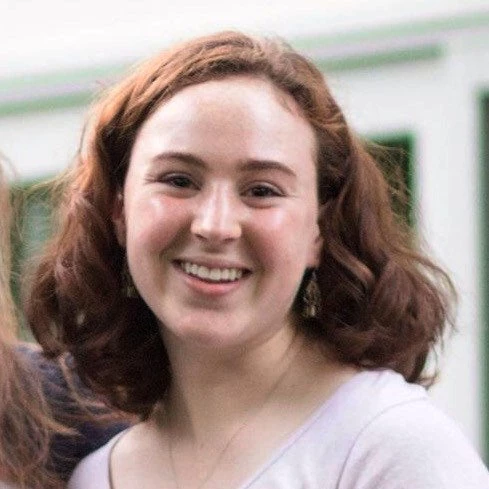 Every high school student in North America understands the importance of what they do during the summer break. Whether it’s working for the minimum wage at a restaurant or waking up early for an internship, the colleges they apply to will evaluate the commitment and effort they put into work experience. Chances are that colleges—and future employers—won’t be very impressed if students spent the whole summer doing nothing.
Every high school student in North America understands the importance of what they do during the summer break. Whether it’s working for the minimum wage at a restaurant or waking up early for an internship, the colleges they apply to will evaluate the commitment and effort they put into work experience. Chances are that colleges—and future employers—won’t be very impressed if students spent the whole summer doing nothing.
This summer, I did a month-long internship at the World Bank. On Internships. Let me explain.
I worked on the Education for Competitiveness (E4C) Initiative, a World Bank initiative on five core interventions to improve education in the Middle East and North Africa (MENA), all in a bid to improve economic growth as well as other things, such as social cohesion, productivity, and global competitiveness.
Promoting Career Guidance for Students is one of the five interventions. It aims to help students in MENA make better-informed choices—educational, training, and occupational—by providing them with access to accurate information about choices of schooling and careers, and supporting them to find internships and their first jobs.
As job markets grow in competitiveness, it is increasingly important to acquire soft skills and hands-on experience—preferably beforehand. This is where internships come in. These are not well known in the region: it has been reported that only 6% of employers have internship opportunities in the GCC, for instance.
With this in mind, a MENA-specific Internship Program is being developed to provide a unique opportunity for students to apply the knowledge they’ve gained in the classroom while getting relevant skills on the job.
Something that might offer them a slight edge when entering the labor market in the future.
When I started at the World Bank, the Career Guidance component had just begun. Throughout the meetings, conference calls and assignments that ensued, I was exposed to the technical and creative steps needed to develop this idea into a reality. I primarily worked on the Career Guidance aspects of the Internship Program. I was tasked with drafting the questions that young students might ask themselves on their transition from school to higher education to work.
I also supported the team in attempting to classify jobs in labor markets in the region, which turned out to be a challenging endeavor given the limited amount of information available. There is little information, for example, about different industries or jobs.
It’s surprising that there is so little, especially when students have to make important decisions about their future based on it. Or the lack of it.
As a 17 year-old, when I introduced myself to Bank employees, I was greeted with a little surprise. No one expects someone my age to spend her summer in an office building. Yet everyone I met said the same thing: this is a great idea.
It was a great experience. I learned so much about what goes into an ambitious project and acquired so many soft skills. Hopefully, students in the MENA Regional Internship Program I have helped develop will learn as much during their internships in the future as I did during mine.


Join the Conversation